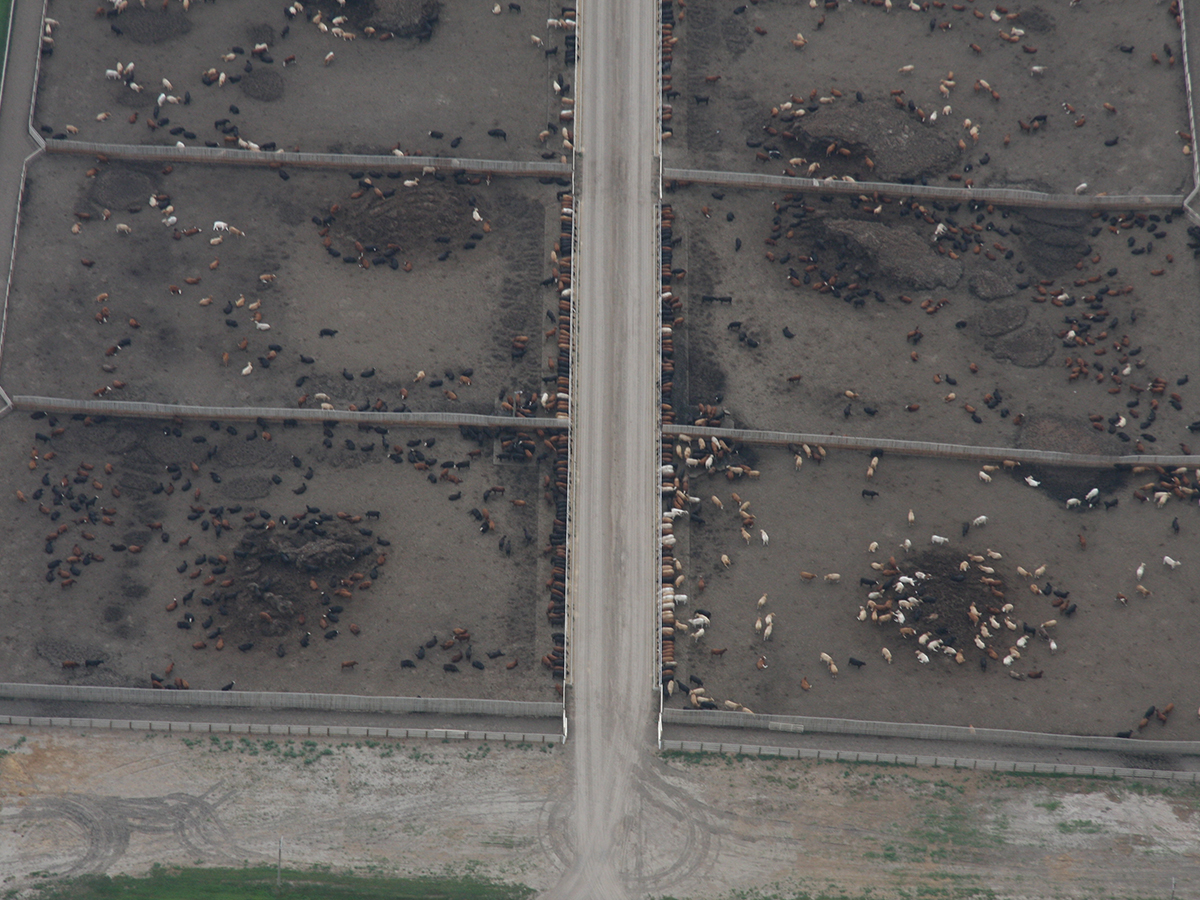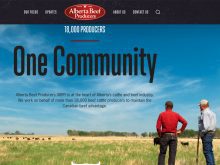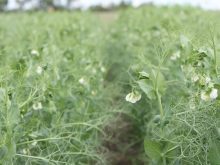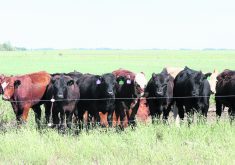Alberta Beef Producers sees non-refundable checkoff as long-term goal, but says it will take a cautious approach
The topic of check-off refunds has long been a key conversation in Alberta’s beef industry.
Check-off dollars are intended to promote and support the cattle industry in Alberta, but about $3.2 million is taken out of Alberta Beef Producers’ budget each year due to refund requests from Alberta producers.
Of the $4.50 per head check-off price tag on Alberta cattle, the $2.50 national levy is non-refundable, but the $2 provincial service charge is refundable.
Read Also

Why feds imposed EV tariffs
Moe and Kinew have a fight on their hands when it comes to eliminating the EV tariff. Canada has to worry about pissing off the U.S. and Mexico and hundreds of thousands of auto workers.
Many producers want to see that changed in order to keep crucial funds in the hands of ABP.
A resolution was passed at the organization’s 2024 annual general meeting, directing it to take steps toward moving away from the refundable checkoff.
General manager Brad Dubeau said that remains a standing resolution that the organization is actively working toward.
“Hopefully some day soon we will have a plebiscite, but I will not recommend a plebiscite to the board or to the delegates until I feel like we’re comfortable that we will potentially have a successful outcome,” Dubeau said.
In 2018, the last time a plebiscite was held to change to a non-refundable checkoff, the proposal was defeated by the slimmest of margins.
It was shot down with 51 per cent of the votes cast against the proposed change.
However, that could have easily gone the other way, Dubeau said.
Of the 18,000 producers in Alberta, only 1,874 cast a vote in the 2018 plebiscite. He believes that if ABP can get producers to feel comfortable coming out to vote next time, they could make some real progress.
“What I really hope is where we’re successful is that we have thousands of producers come out in the next plebiscite and give us a strong answer, one way or another,” he said.
Dubeau added that ABP has developed a working group to assess the organization as a whole and find ways that it can improve operations to prepare for the possibility of working as a fully funded industry in the future.
“We’re doing our best to kind of pull apart the organization and look to see if it needs a revamp. It’s coming up on 60 years old, and not a lot has changed in those 60 years,” he said.
“But if we’re going to have a successful plebiscite back to a fully funded industry, whatever that looks like, we have to make sure we’ve addressed some of the concerns with producers. We want to make sure that the organization is being proactive.”
Dubeau said regardless of the results of a future plebiscite, the most important thing is giving producers an opportunity for their voices to be heard.
“We will never all agree from one end of this province to the other, and I hope that producers can understand that that’s the whole premise of ABP is that it’s a democratic organization. It’s so important for producers to be involved so that voices come from all areas of the province,” he said.
In its most recent financial report, ABP showed that it processed $3,172,072 in refunds from 819 refund requests in 2023. Feedlots made up $2,555,223 of that from 221 operations, with 598 cow-calf operations accounting for $616,849 in refunds.
The figures from 2022 were nearly identical.
ABP chair Brodie Haugan said a fully funded industry would benefit all producers in the province.
“I’ve been harping on a fully funded industry. It’s been my goal to build respect back into the industry. There is value in the organizations that are across the province — the ABP or the member organizations. They have their place,” he said.
“But when we see $3.2 million refunded in 2023, we know there is money being lost… A fully funded industry is ensuring that every dollar that should be there is at least ending up somewhere back into the industry.”
When the topic was discussed at the ABP’s northeast zone regional meeting in Vermilion on Jan. 23, one producer asked about the possibility of a mandatory one-time checkoff per head instead of the partially refundable $4.50 price tag per head for each time it is sold. He suggested that this would help keep check=off funds in ABP while remove some of the financial burden from producers caused by paying checkoffs multiple times on the same animal throughout its lifetime.
Dubeau said this is something that has been explored for many years, and places like Australia operate on a one-time checkoff. However, it would be a major shift for the industry.
“There are countries around the world that we can learn from, but it would take a massive change in the way we think about cattle,” he said.
Dubeau added that changing to a one-time checkoff would move the price tag up to at least $10 per head.
Another concern with a one-time checkoff, Haugan said, would be putting more leverage in the hands of one side of the industry or the other.
“I truly believe that if every single cattle producer has to pay a checkoff, it gives them each a voice. It gives them each a vote. If you put it to one hand or the other, there’s that potential optics to say, well, now the feeders have the whole control or the cow-calf guy has the whole control,” he said.
“That’s just my personal opinion, but I love the conversation. Everything’s on the table. And it all comes back to going to a non-refundable or having the current refundable system.”















